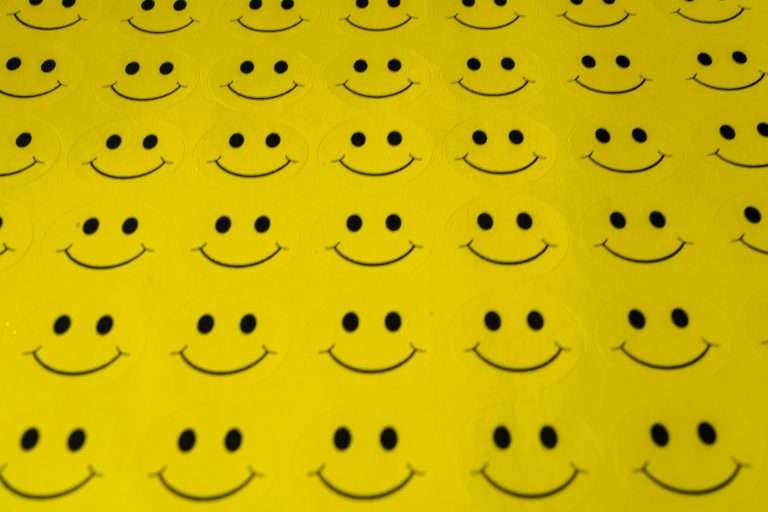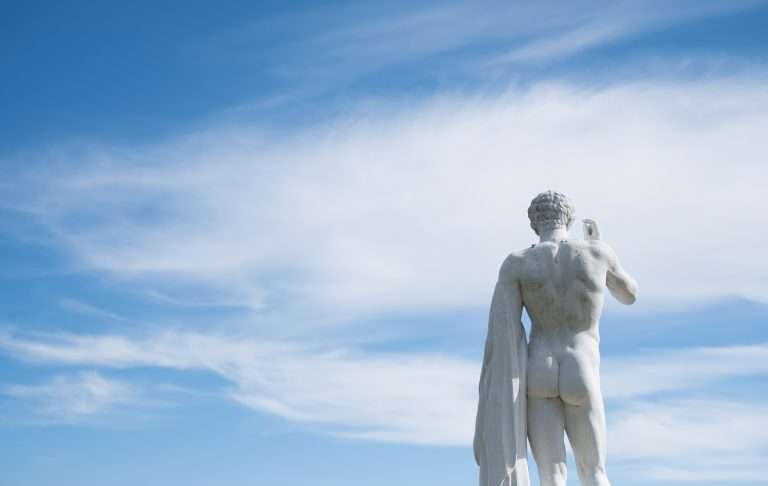“Let me show you something,” she said, as if she was going to let me in on a secret.
Brimming with excitement, her eyes alight with anticipation, my mom opened an overhead cabinet and, making an effort to reach inside, she pulled out precisely the item she was looking for, out of the crammed – but neatly organized – space. She didn’t so much retrieve it by looking for it, as by feeling for it.
“Look, isn’t it exquisite?” she said, holding the delicate object in her hands. The item we were both admiring was a broad section of natural silk, in a gorgeous gray color, large enough to make a blouse out of. It was special indeed – it had an elegant ephemerality about it.
My mom confessed that she had it for a few decades, so it’s likely older than I am. And that wasn’t the only item she kept with reverence. Ask her and she could tell you – for almost every item she owns – where and why she obtained it. Like the green stone earrings she bought with money from her first salary, that volume of Romanian poetry she picked up from a small boutique in the summer of ’87, or the glassware adorned with golden details she received as a wedding gift.
Thoughts about minimalism, decluttering, organization and “sparking joy” rushed into my head. It’s often that I hear people boasting about how much they don’t get attached to the objects in their life, wearing it as a badge of honor, usually served with a hefty side of “see, this is how you should all be living.”
But perhaps the problem isn’t that we’re too attached to material things, it’s that we’re not attached enough.
Indifference to your worldly possessions is not going to elevate you to the awakened being you envision yourself. Trust me, you can still be a jerk even if all you own can fit in your overpriced backpack. I should know. I wore the “M” label for a while and that did nothing if not veil me in an aura of superiority, scoffing at those who dared to add an object to their life that wasn’t purely utilitarian.
Minimalism teaches us to be intentional with the objects we bring into our homes. That’s great. But not enough. It must also encourage people to cherish and hold on to those objects. Unfortunately, its philosophy has been watered down and appropriated by marketers and salesmen: minimalism is something you buy, not something you practice. And because it’s more an aesthetic than a way of life, you need to keep buying to feel like you’re living it.
Being laissez-faire with our belongings doesn’t necessarily produce the enlightened individuals we think it does, but rather gives us permission to create more waste and participate in mindless consumerism.
Are you really a minimalist if you replace your wardrobe every two years? Granted, it’s always the same number of pieces in it, because you did a sneaky switcheroo: every item that was added in, replaced one that was tossed out.
There’s a delight in looking around your house and being able to pick any object at random and express why it’s important to you and what it adds to your life – be it convenience, utility or beauty. My mom holds on to all the paintings I made when I was younger not because they passed a “treasure or trash” test, but because they’re fragments of me, and by extension, pieces of our life together. Likewise, I learned that the objects we own provide value beyond mere functionality. They offer a glimpse into our interests, personality and soul.
If you were to come into my home, you’d get a better feel for who I am, than if I were to remove all the “unnecessary objects.” You’d see tennis rackets, my moodboard and my many notebooks. To all of which I’m attached. Guilty as charged.
Dare to love the stuff in your life. You may discover it’s much more rewarding than treating it as disposable junk.




Thanks for finally writing about > In Defense Of Getting Attached To
Material Thinngs | Diana Demco